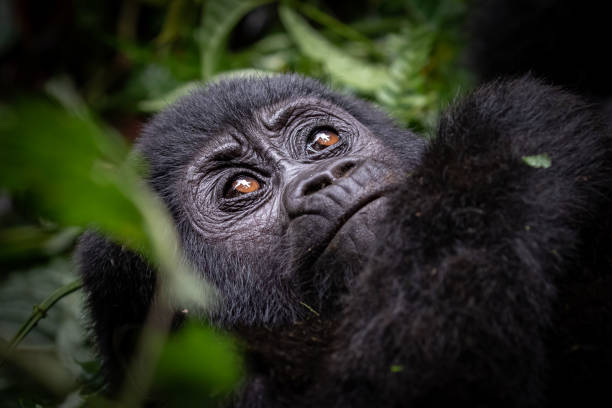
Uganda is dubbed the ‘Pearl of Africa’ for its beautiful nature by Winston Churchill the prime minister of England in 1908 which makes it one of the highly ranked destinations to visit. Uganda is known for its wide range of species including the gentle giants in Bwindi forest and Mgahinga, over 1100 bird species and that is over 50% of the Africa’s birdlife and 11% of the world’s birdlife, with 27 endemics and a diverse array of animals including the Big 5. Uganda is blessed with 10 national parks, 12 wildlife reserves, 13 wildlife sanctuaries and 5 community wildlife management areas which offer an exceptional experience to tourists both from within and outside the country.
Uganda is generally considered very safe for tourism. However, like any destination, it’s essential to stay informed about the current situation and take necessary precautions to ensure a safe trip and worthwhile experience. Considering Political stability, crime, health, natural hazards and wildlife encounters, Uganda has tried its best to ensure that all the factors are well catered for as best they can. Uganda has experienced periods of political unrest and demonstrations in the past, particularly around election periods. While these events are usually localized and don’t directly affect tourists, it’s advisable to avoid any political gatherings or demonstrations and stay informed about the current political climate.
Like many African countries, Uganda has some health risks, including tropical diseases like malaria and yellow fever. Travelers should take appropriate health precautions, such as getting vaccinated, taking antimalarial medication, and practicing good hygiene. Uganda is prone to natural hazards like heavy rainfall, landslides, and occasional outbreaks of diseases like Ebola (though the risk to tourists is usually low). Travelers should stay informed about any potential hazards and follow advice from local authorities and tour operators. When such outbreaks happen, as a country we always take the precautionary measures to ensure that both residents and non-residents are safe and also available emergency spots to handle whatever might have happened.
While Uganda’s wildlife is a major draw for tourists, it’s essential to respect wildlife and follow safety guidelines during activities like gorilla trekking and safari tours. The ministry in charge of tourism ensures that there a well-trained personnel handling all matters human and animal related to a smooth ride. Humans are not to interfere with the animals and the animals are also protected well enough not to harm any humans for whatever reason which includes guides, rangers and those that manage the accommodation.
Petty crime such as pickpocketing and theft can occur in tourist areas, so it’s essential to take common-sense precautions like safeguarding valuables, avoiding displaying wealth, and being cautious in crowded or unfamiliar places.
With proper planning, awareness of local conditions, and adherence to safety guidelines, Uganda can be and is a safe and rewarding destination for tourism.
